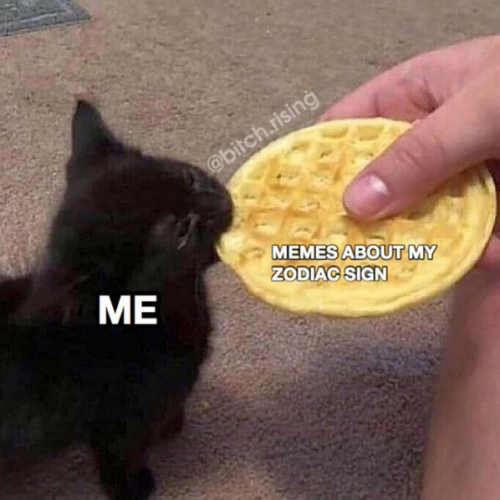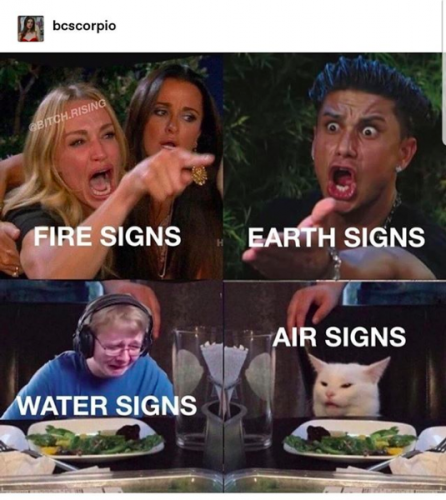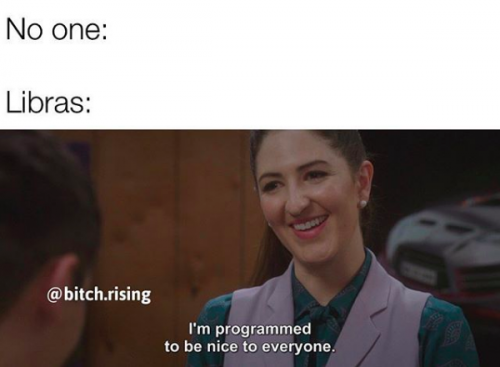
Today, the influence of our moon Goddess foremothers is everywhere. Contemporary progressive activists dress up like witches to put hexes on Trump and Pence. The few remaining women’s bookstores in the country sell crystals and potions for practicing DIY feminist magic. There is an annual Queer Astrology conference, Tarot decks created especially for gays, and beloved figures like Chani Nicholas who have made careers out of queer-centered astrology. Almost every LGBTQ+ publication, whether mainstream or radical, features a regular horoscope column (including them.).
In this feature from last year, Sascha Cohen reflects on אסטרולוגיה recent re-ascendance and seeming ubiquity in LGBTQ+ circles, and the skepticism it’s meeting with more queer-identifying people. Astrology’s pseudoscience was a nonstarter for some (mainly those from STEM fields). For others it was New Age culture’s appropriation of indigenous spirituality and separately, the risk astrology poses as a distraction from systemic repression. A “sense of exclusion” or just being “seen as a cynic and no fun,” in one person’s words, was maybe the most common of all the complaints.
Despite these reservations, most of the queer ‘skeptics’ Cohen interviewed recognized astrology’s appeal for queer people — as a source of “meaning and purpose,” as an alternative to exclusionary religious communities, as entertainment, and one that in practice usually “centers and empowers women.” Hardly isolated from systemic anti-LGBTQ+ forces, “a recent uptick in such practices,” Cohen asserts, “may be because, [as interviewee] Chelsea argues, ‘We’re in the midst of a global existential crisis.’”
Though these responses make sense, an aspect that goes unmentioned in the piece is the part popular meme accounts and algorithmic social media appear to be playing in astrology’s current revival.
Like a lot of new converts, my personal interest in astrology started on Instagram. My friend C would send me the odd @trashbag_astrology post or a pic of her own ‘day at a glance’ notifications from the notoriously pithy Co–Star app. These memes come in a variety of forms, naturally. Some have satirized the Co–Star notifications directly. Perhaps the most popular form recycles an established meme, e.g. the Real Housewives of Beverly Hills + Smudge the cat one, and adds sign-specific captions to the meme’s figures, typically with a few signs represented simultaneously or sequentially (as in a multi-image Instagram post).
These groupings sometimes reference the four elements, but more often revolve around the interplay of the different signs. The signs as social media-tuned caricatures, that is, not as they’re defined in the zodiac. These are memes, after all, not birth charts. If a key Libra trait is supposed to be their overriding concern for others, in memes they’re closer to Janet from The Good Place; i.e. “programmed to be nice to everyone,” as this @bitch.rising meme suggests. Virgos (hi) as depicted in memes are so pathologically perfectionistic, comedian Benito Skinner aka @bennydrama7 thought to portray them as Hannibal Lecter. Geminis might as well be the Chaotic Neutral square come alive from the D&D alignment chart.
Astrology of course already relied on stereotypes for its logic, as Robin James notes in this essay reexamining Adorno’s writing in light of present-day big data and algorithmic systems. “Though the differences between Adorno’s time and ours are vast,” James writes, “his concept of pseudo-rationality still has something to tell us about the ‘rationality’ of contemporary algorithmic culture, social media, and big data.” James draws parallels between the pseudo-rationality Adorno studied in the LA Times’s “Astrological Forecasts” column and the work of big data forecaster Nate Silver. “For both Adorno and Silver, forecasting is a ‘down to earth’ activity, a matter of applied knowledge that helps people figure out what to do in their daily lives.” Indeed, “both kinds of forecasting,” James continues, “use profiles to explain the past and predict the future choices we will make: Both astrological signs and psychographic categories derived from demographic data (like, say, ‘college-educated women who tweet about Scandal and buy shoes online’) similarly forecast individual behavior.” Silver’s forecasts during the last presidential election didn’t line up so well with the final results, unfortunately. Yet, in spite of his/FiveThirtyEight’s miscalculations, their reputation in media circles has only solidified, unlike, say, that of a (shitty) professional astrologer.
The same pseudo-rationality James finds in both astrological and big data forecasts may be most immediately tangible in the algorithmic social media we’re all in some way or another immersed. My fondness for astro memes, the mutual enjoyment my friends and I get out of sharing them, as well as our identification with astrology generally, is to me inseparable from its prevalence in Instagram’s ever-morphing algorithmic feed. “The big-data algorithm, like the astrologer, observes patterns (of behavior, of interactivity, etc.) across populations and ties its forecasts to this input,” as James says. Patterns in this case being the posts/accounts I tap ‘like’ on, open or just linger over frequently. The forecasts or predictions that Instagram, Spotify, and other algorithmic systems make, then, take my aggregated habits, cross-referenced with those of my friends, and in turn “tailor results according to user categorizations based on the observed web habits of ‘typical’ women and men, [scholar] Cheney-Lippold argues.” “Through this feedback loop of observation and adjustment,” James argues, “social media produce the identity categories—like ‘typical’ men and women—it claims to merely observe.”
Without underrating the valid contentions of Sascha’s interviewees, it’s worth emphasizing the accelerated proliferation of astrology content via algorithmic social feeds, its popularity steadily saturating queer audiences as exposure ripples out to wider and different audiences, garnering media attention and so reinforcing the cycle of initial excitement, fatigue and vocal skepticism.
Nathan Ferguson welcomes your astrology memes on Twitter.
Header image: @bitch.rising
Elements meme by @bitch.rising (couldn’t find original so linking @astrologystuff copy)
Janet meme by @bitch.rising


